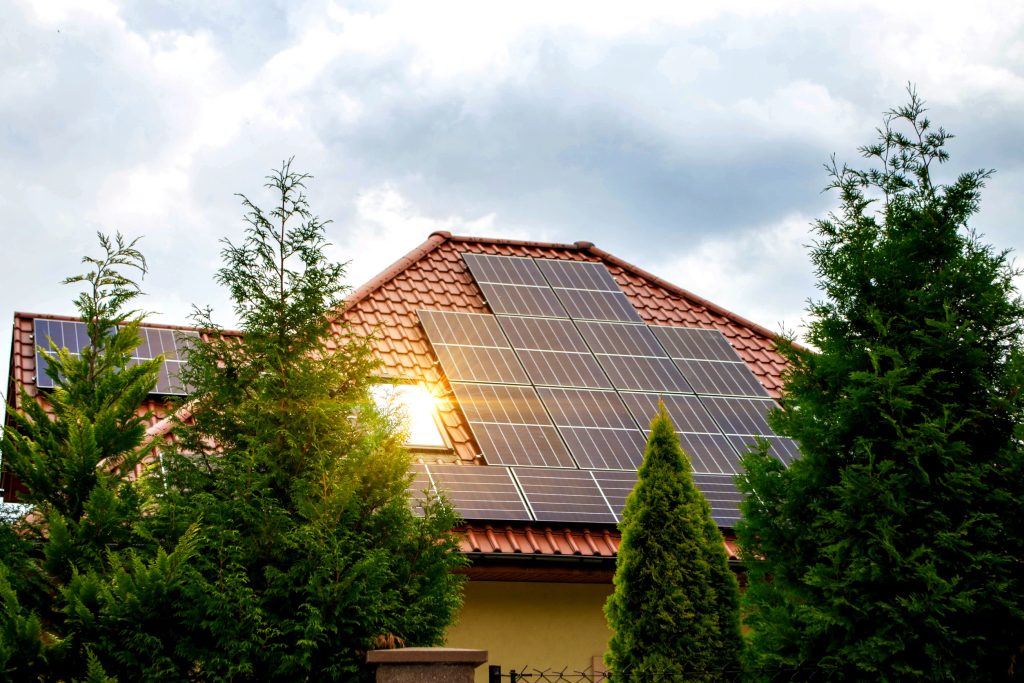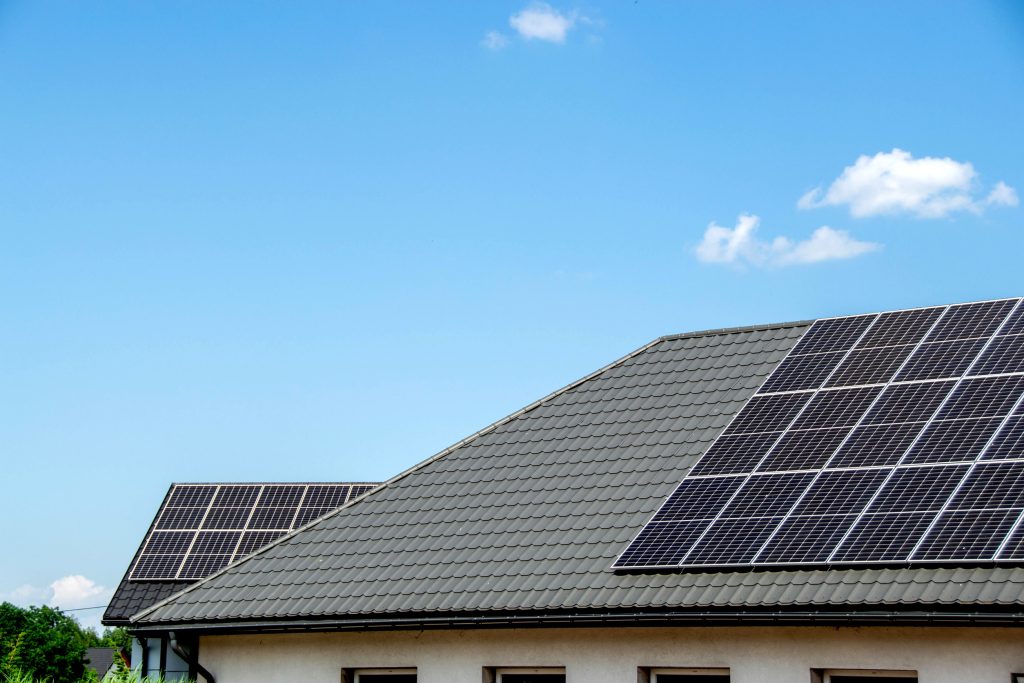Commercial Solar Installation Benefits for South African Businesses
Understanding the Value of Business Solar Energy Solutions
As the cost of electricity continues to rise and load shedding disrupts operations, South African enterprises are increasingly turning to business solar energy solutions. A well-planned solar installation reduces energy bills, enhances reliability, and contributes to environmental sustainability.
From factories and farms to office parks and shopping centres, companies of all sizes are reaping the rewards of solar energy adoption. These systems can be tailored to suit specific energy demands, providing a scalable and sustainable power source that future-proofs operations.
Key Commercial Solar Panel Benefits for Growing Enterprises
Among the most notable commercial solar panel benefits are significant long-term savings and energy independence. Solar power reduces dependency on Eskom, offering consistent power during peak load shedding periods.
Solar panels have a lifespan of 25 years or more, and with minimal maintenance, they consistently generate free electricity once installed. This results in direct operational cost savings, increased energy security, and improved ESG (Environmental, Social, Governance) compliance.
Other benefits include brand perception improvements, property value appreciation, and eligibility for various government rebates and incentives.
Industrial Solar Systems in the Free State: A Strategic Investment
The Free State is one of South Africa’s sunniest provinces, making it ideal for industrial solar systems. With consistent solar radiation and rising grid unreliability, manufacturing and agricultural businesses are increasingly turning to solar for backup and baseline power.
Industrial solar systems Free State installations are designed to meet large-scale energy demands. These systems often include battery storage, grid-tied configurations, and advanced energy monitoring tools.
For industrial clients in Bloemfontein and surrounding regions, these systems enhance operational resilience, particularly in critical processes that cannot afford downtime. Additionally, local availability of expert installers ensures quicker deployment and compliance with regional energy regulations.
How Solar Tax Incentives (Section 12B) Improve ROI
One of the most attractive financial advantages of commercial solar installations in South Africa is the solar tax incentives Section 12B. Under this policy, businesses can deduct the full cost of qualifying solar energy equipment from their taxable income in the first year.
This significantly shortens the return-on-investment period and makes solar adoption more accessible for small to medium enterprises. By leveraging this incentive, businesses can save up to 28% on installation costs, depending on their corporate tax bracket.
Section 12B covers photovoltaic panels, inverters, batteries, and related infrastructure. Always consult a tax professional to ensure correct application and documentation when claiming this benefit.
Effective Commercial Load Shedding Solutions for Power Security
South Africa’s frequent blackouts continue to impact productivity and profitability. Fortunately, commercial load shedding solutions like hybrid and off-grid solar systems offer dependable alternatives.
Hybrid systems automatically switch to battery power during outages, while off-grid systems run independently from Eskom. With proper sizing and battery backup, businesses can maintain uninterrupted operations regardless of external grid issues.
These solutions are scalable, allowing businesses to expand storage or solar generation as their energy needs grow. For commercial sites in Bloemfontein, pairing solar with energy-efficient devices further enhances performance during periods of reduced power availability.

LAN Systems
Address
- 3A Arboretum Avenue, Westdene, Bloemfontein, 9301
- info@lansystems.co.za
- +27 51 430 1417
LAN Systems Location
Get in Touch with LAN Systems
Business Energy Cost Reduction Through Solar Power
A major motivator for solar adoption is business energy cost reduction. With grid tariffs climbing annually, solar systems help businesses stabilise their electricity expenses and forecast long-term operational budgets more accurately.
After the initial investment, the energy produced is essentially free. When combined with net metering or feed-in tariffs (where available), excess energy can be sold back to the grid, further improving cash flow.
Solar also reduces demand charges, which are often calculated based on a business’s peak usage. By offsetting this with solar generation, companies can achieve lower overall utility bills and increased financial resilience.
Commercial Solar Installation in Bloemfontein: Localised Benefits
A tailored commercial solar installation Bloemfontein project considers local climate, municipal regulations, and grid capacity. LAN Systems offers localised engineering and installation expertise to ensure each system is designed for maximum efficiency and compliance.
The Free State’s solar-friendly conditions enable strong daily energy production, while local technicians ensure responsive maintenance and quick deployment. LAN Systems partners with property developers, landlords, and facility managers to integrate solar from the ground up, whether for retrofit or new builds.
By working with local installers, businesses benefit from better pricing, faster project timelines, and long-term service agreements with providers that understand regional infrastructure.

Frequently Asked Questions about Commercial Solar Installation Benefits
What are the long-term financial benefits of commercial solar installation?
The primary long-term benefit is significant energy savings. Businesses with solar systems typically recover their investment within 4 to 7 years. Beyond that, the system continues to generate free electricity for 15 to 20 years, drastically reducing operational costs.
Additional savings come from reduced downtime during load shedding and from government tax incentives like Section 12B. Some companies also earn additional revenue by feeding surplus energy back into the grid (where permitted). Solar systems can also increase the value of commercial properties and support financing opportunities through green lending programmes.
How do business solar energy solutions improve energy reliability?
Business solar energy solutions use solar panels paired with batteries or hybrid inverters to create a stable and consistent power supply. These systems automatically shift to battery storage during grid outages, maintaining continuity across essential operations.
In commercial settings, this reliability is critical to prevent data loss, equipment failure, and reduced productivity. Businesses also benefit from reduced peak-time tariffs by using solar power during the most expensive hours.
Solar systems are designed to adapt to energy demand, so businesses experience smoother and more predictable operations year-round.
Are commercial solar panel benefits worth the investment?
Yes. Commercial solar panel benefits go beyond just financial savings. They also include energy security, reduced environmental impact, brand enhancement, and operational stability.
The ROI improves when businesses take advantage of tax incentives and declining solar equipment costs. Panels require minimal maintenance and come with long warranties, making them a low-risk, high-reward asset.
As South Africa continues to experience energy uncertainty, solar adoption positions businesses ahead of the curve with a sustainable competitive advantage.
How do solar tax incentives under Section 12B work for businesses?
Section 12B of the Income Tax Act allows South African businesses to deduct the full cost of their solar installations from taxable income in the year of purchase. This includes costs for panels, batteries, inverters, and cabling.
If a business spends R1 million on a solar system, they can deduct this amount from their taxable income, effectively reducing their tax obligation by up to R280,000 (assuming a 28% tax rate). This policy accelerates ROI and improves affordability.
Proper documentation and consultation with a tax advisor are essential to ensure eligibility and compliance with SARS requirements.
What should be considered before commercial solar installation in Bloemfontein?
Before proceeding with a commercial solar installation in Bloemfontein, businesses should evaluate their current electricity usage, site layout, and future energy needs. A professional site assessment helps determine panel positioning, system size, and backup requirements.
Local climate, roof structure, and municipal approvals also play a role. Choosing SABS-compliant equipment and certified installers ensures performance and safety.
Partnering with a trusted local provider like LAN Systems simplifies the process, offers tailored guidance, and ensures long-term support for ongoing system performance and upgrades.
Ready to Shine Brighter?
Switching to solar is more than a business upgrade—it’s a smart, future-proof investment. With energy costs on the rise and load shedding showing no signs of slowing, now is the perfect time to explore the full range of commercial solar installation benefits available in Bloemfontein and across South Africa.
LAN Systems is ready to assist with professional guidance, system design, and end-to-end installation support. Whether you’re aiming to reduce operational costs, improve energy security, or align with sustainability goals, solar is the smart next step.
Get in touch today and let’s power up your business for a brighter, more resilient tomorrow.


